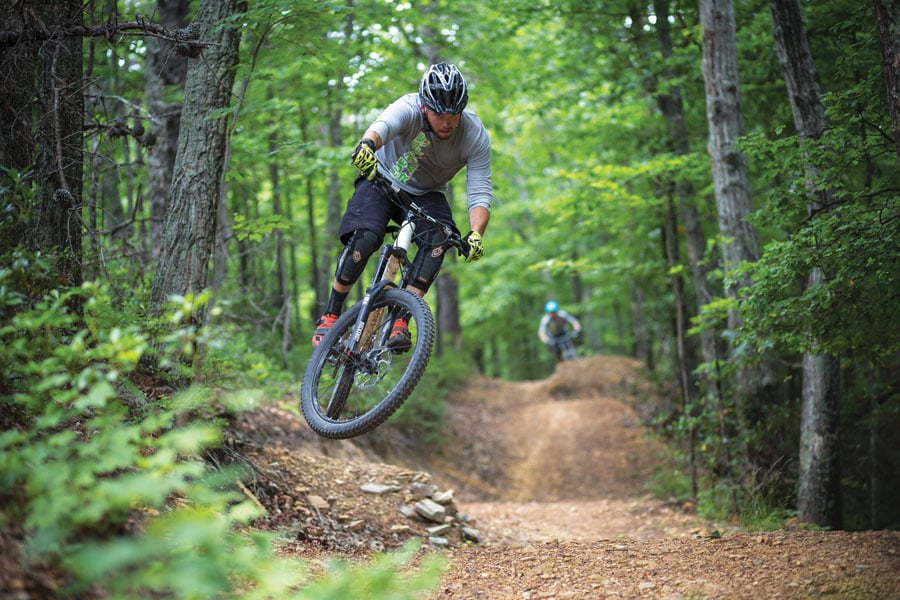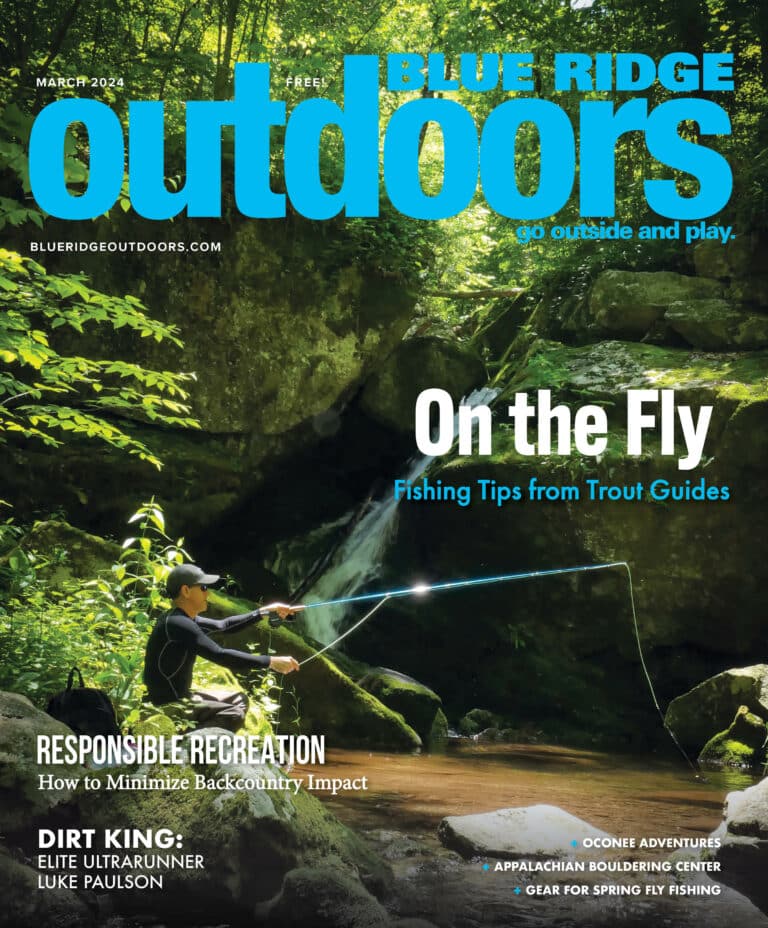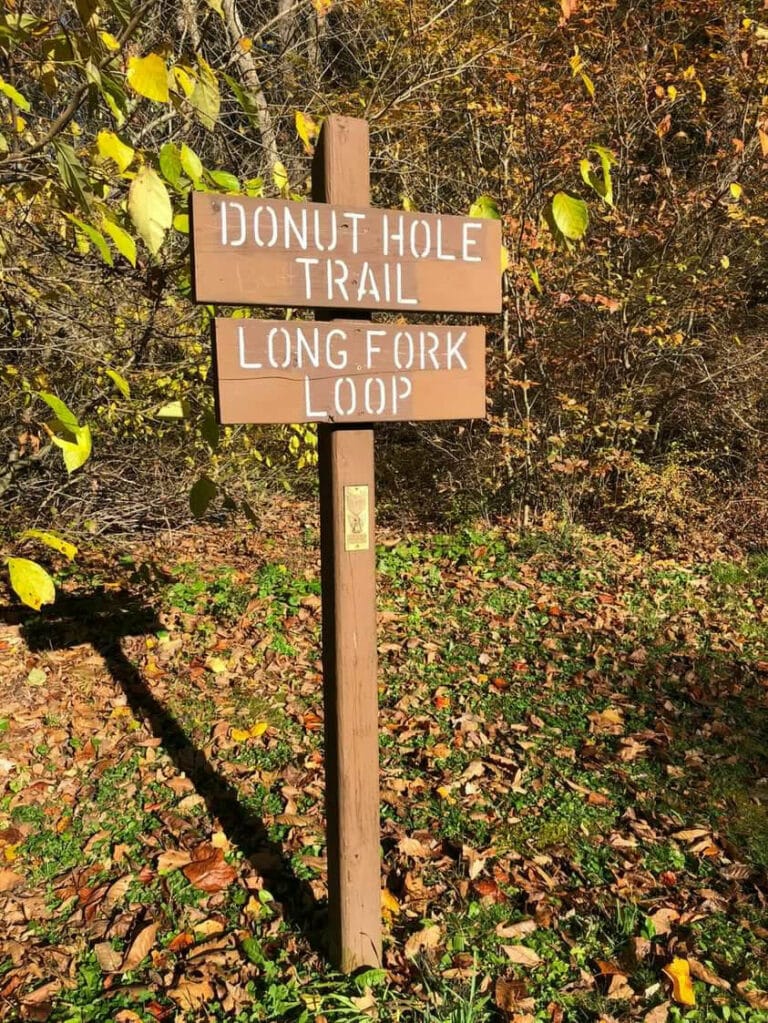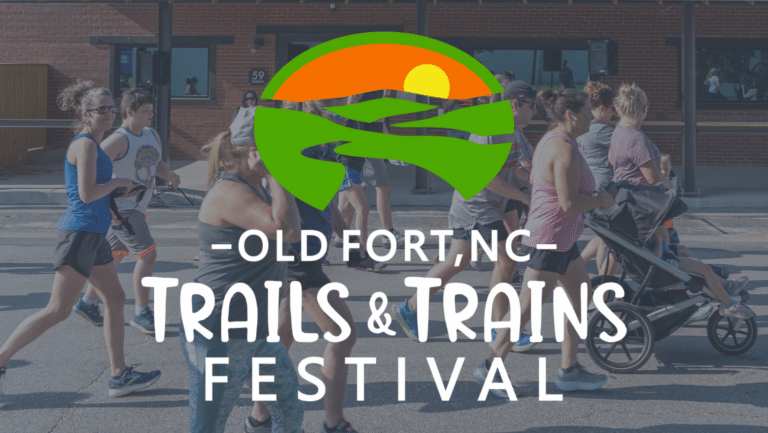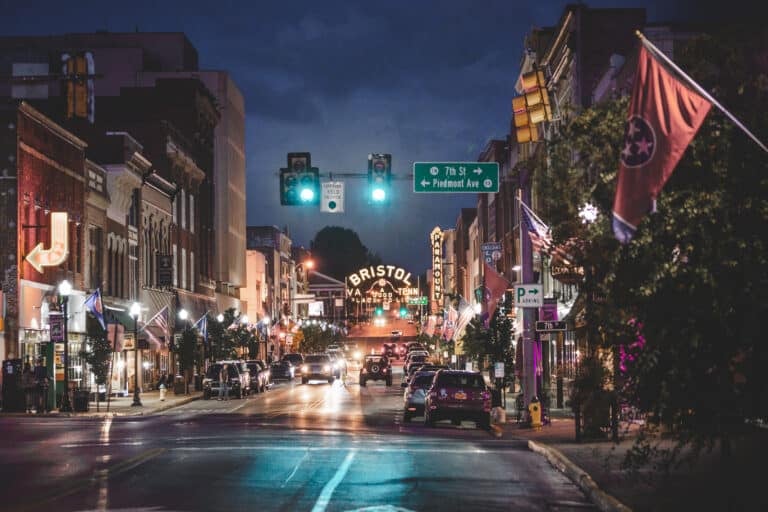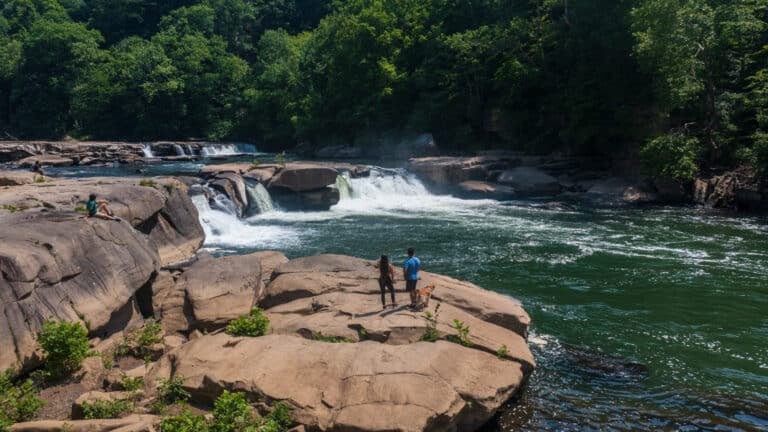Before they were stuffed full of hikers, bikers, paddlers and rock-climbers, the Great Outdoors were home to hunters and fishermen. Today, people who hunt and fish continue to foot the bill for most of America’s wildlife conservation, even as their numbers relative to other outdoor recreational pursuits have declined.
Is it time for non-take recreationalists to step up and provide more funding for management of public wildlands?
Whitney Tilt thinks so. Two years ago, the Montana-based natural resource conservation consultant and Conservation BenchMarks principal argued in an opinion piece for the Property and Environment Research Center that recreationalists should chip in to fund public lands agencies through the “user pays, user benefits” model.
That funding mechanism was pioneered in the 1930s with the Migratory Bird Hunting Stamp Act, known as the Duck Stamp Act, and the Federal Aid in Wildlife Restoration Act, known as the Pittman-Robertson Act, which funded wildlife conservation through the sale of duck hunting stamps and an excise tax on sporting arms, ammunition, archery equipment, and handguns, with revenue going into special funds which then were redistributed back to states based on size and their share of licensed hunters. The Sport Fish Restoration Program, established for fishermen in the ’50s, is based on the same model.
“The North American model of wildlife conservation has been successful because it’s been supported by the very people who like to hunt and fish,” Tilt says. “Let’s expand that to what is now most of the fastest growing segment of outdoor users.”
For Tilt, that would mean applying a similar excise tax on products associated with outdoors. The exact mix remains uncertain—certain products like tents and kayaks seem obvious, while others, such as backpacks, are more muddled since they have a broader customer base than just hikers. Tilt was part of a coalition that advocated for such a proposal in the late ’80s, but it ground to a halt before a congressional committee in 1991.
Prospects don’t look much better today. Many Republican lawmakers have signed a “no tax” pledge, enforced by the threat of being challenged in a primary by an even more conservative candidate. Those tax-adverse GOP legislators control the House of Representatives, as well as most southeastern state legislatures.
Other alternatives exist, though. Specialty license plates have become especially popular, with revenues often dedicated to particular programs. In Virginia, an Appalachian Trail plate depicting the McAfee Knob overlook is available, with the Appalachian Trail Conservancy receiving $15 of the $25 fee. The group has used that money to pay a full-time runner to patrol the most trafficked stretches of trail for six months out of the year. That individual has been complemented by 30 trained volunteers who work those trail sections with heavy use.
Similarly, members of International Mountain Bicycling Association (IMBA) chapters often participate in maintaining and rebuilding sections of trail.
“The Charlottesville Area Mountain Bike Club is pretty much solely maintaining and building the trails that I’m aware of here in the national and state forest near Charlottesville and in central Virginia,” says Dave Stackhouse, who sits on the CAMBC’s board of directors. “There wouldn’t be open trails here if not for mountain bikers. That’s pay to play.”
Indeed, sweat equity marks another form of user fees, as federal and state agencies have increasingly come to rely on volunteer labor on public lands. Of course, parking and trail fees—which is what most people envision when they hear the term “user fees”—are charged on many, but not all, public lands. Many state and national parks charge entrance fees, although Great Smoky Mountains National Park and the Blue Ridge Parkway remain notable exceptions.
Near Roanoke, the 12,700-acre reserve around Carvin’s Cove, a reservoir that serves as a regional drinking water supply, has become a mountain biking and trail running hotspot. The regional water authority charges $2 per day or $20 for a yearly pass, with revenues covering staffing, security and the maintenance of two fire roads.
Although the implementation of entrance fees at all public wildlands looks to be a non-starter, both logistically and politically, some groups who are otherwise opposed to the prospect see potential for their use as a management tool at specific sites.
Roanoke Appalachian Trail Club President Diana Christopulos cites the primary access to McAfee Knob as an example. On weekends in season, the trail often sees between 300 and 600 hikers, most of whom jockey for parking in a small lot owned by the National Park Service. Applying a fee to park in the lot could aid in moderating traffic, which has grown by a factor of 10 in the last decade, while also providing revenue for additional staffing, she says.
“That four miles of trail is busier than the other 116 miles that we manage,” Christopulos says. “We spend probably 50 percent of our time on that stretch. We could use pay to play in the sense that we could use more staffing to help manage it and also control the amount of parking going on up there.”
The question of pay-to-play raises a related issue: As hikers, bikers, paddlers, and other recreationalists put more skin in the game, should they have more of a say in how public lands are managed? After all, agencies give more weight to hunters and fishermen because they pay for licenses. Right?
Not really.
“When fishing and game commissions meet, they don’t ask everyone in the audience to hold up their hunting and fishing license or they can’t talk,” Tilt says.
Athan Manuel, the Sierra Club’s director of lands protection program and its lead lobbyist on public lands issues, agrees, saying federal public lands agencies regularly include environmentalists and non-take recreationalists in policy discussions.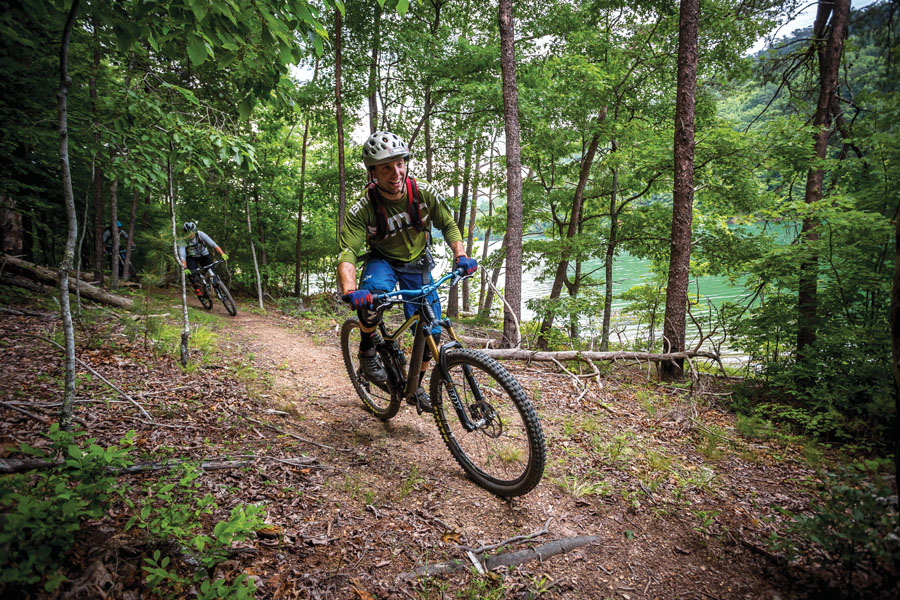 “Public lands agencies are pretty good at being open to all constituencies,” Manuel says. “I don’t think user fees help you advocate for your position one way or another compared to other groups who use public lands. It’s more about grassroots, and who you mobilize to make phone calls.”
“Public lands agencies are pretty good at being open to all constituencies,” Manuel says. “I don’t think user fees help you advocate for your position one way or another compared to other groups who use public lands. It’s more about grassroots, and who you mobilize to make phone calls.”
The National Environmental Policy Act (NEPA) has created more opportunities for involvement by requiring public comment for certain projects and actions. The Sierra Club uses email lists and social media to encourage its members to weigh in during these critical periods.
“If you want to find some geeked-out environmentalists, ask them to comment on a management plan. They really want to be engaged in that process,” Manuel says. “There’s a sliver of our membership that loves that kind of detail and getting into the weeds on that. When you do that, there’s never any question about whether your group pays user fees.”
The volunteer labor put forth by groups like the Appalachian Trail Conservancy and IMBA can grant a seat at the table as well. Christopulos said the Roanoke Appalachian Trail Club recently met with its congressman and the staff of Virginia’s two U.S. senators about landscape protection and concerns about natural gas pipelines.
“We had a positive reception,” Christopulos said. “Compared to hunters and fishermen, our concerns as hikers on the Appalachian Trail were well received. Now, if we were a gas company, we’d have a lot more power.”
According to the Center for Responsive Politics, the oil and gas sector contributed nearly $14 million to federal political candidates in 2016 through October 21. The forest products industry contributed $2.4 million. The gun lobby gave $1.9 million. The Sierra Club gave nearly $137,000, and the environmental sector as a whole gave more than $956,000. IMBA? Zero. Appalachian Trail Conservancy? Also zero.
Guard against the temptation to draw too direct a line between political contributions and votes on legislation. Organizations often give money to politicians whose views align with theirs, and donations rarely come with an explicit quid pro quo.
Virginia Delegate Tony Wilt of the Shenandoah Valley, who got into politics through involvement with his bear hunting club, says, “If you want your side to be heard, you better have a lobby, but after all of that, if I make a decision based on something solely because they gave me money, that’s a reflection of my integrity.”
On the other hand, there’s a reason that businesses and utilities heavily affected by federal and state legislation hedge their bets by giving to both parties, as well as focusing on elected officials in influential positions such as committee chairmanships.
Pay to play, after all, comes in many forms—and not just for recreationalists.
